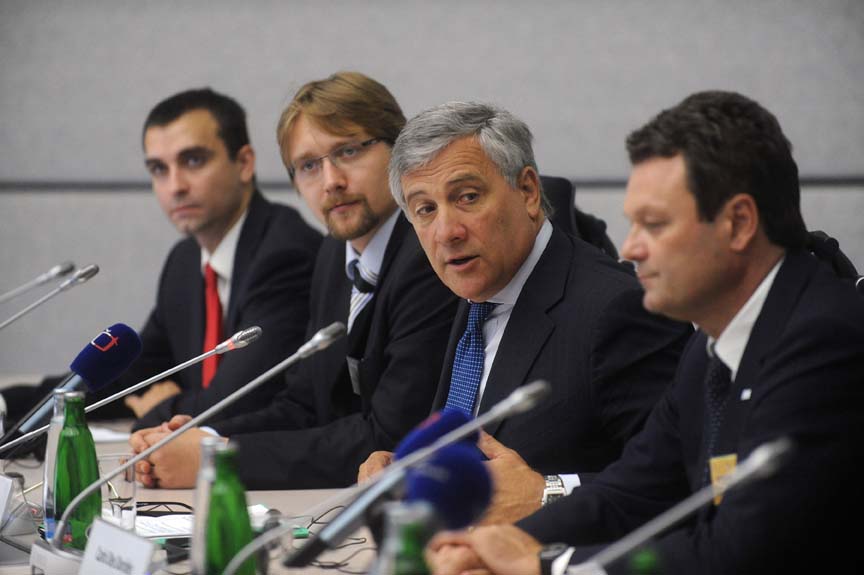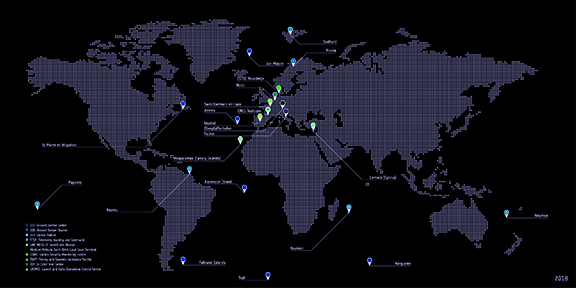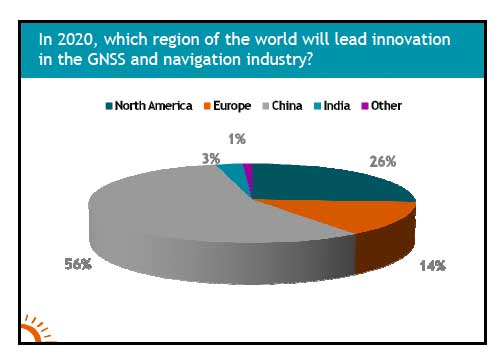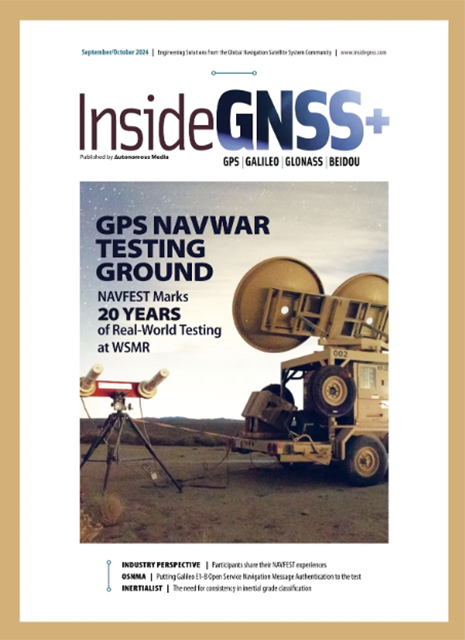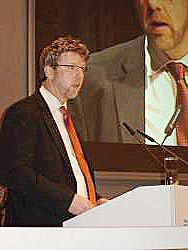 Paul Verhoef, GNSS Programs Manager, European Commission
Paul Verhoef, GNSS Programs Manager, European CommissionAt this week’s (March 9–11) Munich Satellite Navigation Summit, Galileo program officials — public and private — acknowledged that it faces delays at both ends of its latest schedule.
At the near end, the lead contractor for the Galileo in-orbit validation (IOV) satellites that it is building with a consortium of companies said the first IOV will not launch in 2010 as per the most recent schedule. Instead, said Mike Healy, director of navigation for EADS Astrium, the satellite will not be ready for launch until probably February 2011.
At this week’s (March 9–11) Munich Satellite Navigation Summit, Galileo program officials — public and private — acknowledged that it faces delays at both ends of its latest schedule.
At the near end, the lead contractor for the Galileo in-orbit validation (IOV) satellites that it is building with a consortium of companies said the first IOV will not launch in 2010 as per the most recent schedule. Instead, said Mike Healy, director of navigation for EADS Astrium, the satellite will not be ready for launch until probably February 2011.
Even then, a question remains as to whether a Soyuz launcher will be available at the new Arianespace facilities in Kourou, French Guiana. First launch from the Soyuz site at Kourou is currently scheduled for August, but the date may slip, according to various sources.
At the other end of the Galileo program schedule, full operational capability (FOC) — including a 27-satellite constellation — has been pushed back to the 2016–18 timeframe, according to Paul Verhoef, GNSS programs director for the European Commission (EC).
The key factor in the latter range of dates depends on if and how quickly the EC and the European Space Agency (ESA) can convince their funding sources to commit additional financial investment in Galileo.
The EC had promised not to ask for additional funding before 2012 above the €3.4 billion allocated to build the system. However, late last year the EC acknowledged that those funds would not be enough to complete the system due to overruns in the IOV phases and higher than expected launcher costs. Instead, a smaller number of spacecraft (16) would be launched by 2013.
Sources close to the project indicate that the size of the shortfall to reach FOC is about €1 billion. Moreover, the annual costs to operate, replenish/sustain, and refresh the Galileo technology are now projected at about €600 million for Galileo itself, and another €100 million for the European Geostationary Navigation Overlay Service (EGNOS).


